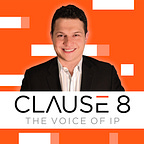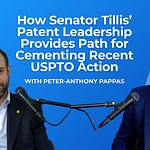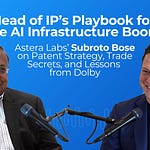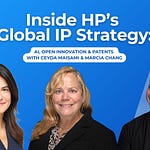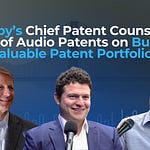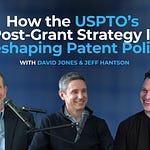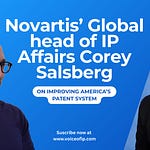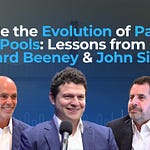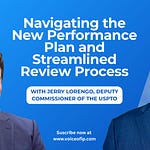Show Notes
Is it preferable for patent cases to be handled by district court judges who have relevant expertise and experience? Senator Leahy can’t make up his mind.
Leahy’s eponymous Leahy-Smith American Invents Act created the Patent Pilot Program. The program allowed federal district court judges in select districts to volunteer to handle patent cases. The goal was for certain judges to have increased expertise – and as a result – do a better job.
However, after the program expired and Judge Alan Albright started attracting patent cases to his Waco court room in the Western District of Texas, Leahy had a change of heart. In an unprecedented letter to Supreme Court Justice Roberts, Leahy pressured Roberts to do what he can to stop Waco from being a go-to patent venue by suggesting there was something untoward about Albright’s interest in patent cases. The pressure campaign seems to have worked. In his end-of-year report, Roberts highlighted the issue and stressed “the role of district judges as generalists.”
Eli decided to talk to an expert on the subject of patent venues - Prof. Timothy Hsieh – about this recent controversy.
Eli also talks to Prof. Hsieh about whether how courts think about venue is outdated and his fascinating career trajectory of patent litigator turned patent examiner turned law school professor.
Clause 8 is part of IPWatchdog and sponsored by Harrity– the go-to firm for the Patent 300 for patent preparation & prosecution.
Episode Highlights
[00:09] Getting to know the IP Expert: the unlikely trajectory of a patent litigator turned patent examiner turned law professor at the University of Oklahoma City.
[07:09] From clerk to patent examiner: Hsieh talks about his federal clerkship experience before becoming an examiner at the U.S. Patent and Trademark Offices (USPTO) to work as an examiner.
[12:10] Pit of despair: Hsieh talks about his experience as an examiner in the USPTO’s business method Technology Center.
[17:11] Advice for patent applicants: Hsieh offers some pointers from an examiner’s perspective for what applicants can do to succeed at the USPTO.
[20:57] TC Heartland: Hsieh talks about his the impact of TC Heartland vs. Kraft Foods, including how it’s impacting district courts in Delaware and Northern California.
[31:54] Outdated concepts: Is federal venue jurisprudence outdated?
[36:37] Experts vs. generalists: In a 2021 paper, law scholar Paul Gugliozza stresses that the TC Heartland case may have ended the practice of forum shopping and replaced it with judge shopping. Is that a bad thing?
[41:14] An unprecedented writ: Writs of mandamus are only supposed to be used in the most extreme or rare circumstances. Hsieh explains why they are being used more than ever to order reversals of venue changes.
[46:07] An ongoing problem?: TC Heartland sought to address the high concentration of patents being filed in East Texas, but now a majority of cases are moving to two states: Delaware and California. Is this an improvement?
[55:03] Keep the spark alive: Academia is one of the most competitive career sectors. Hsieh gives advice to those who want to replicate his career path.


